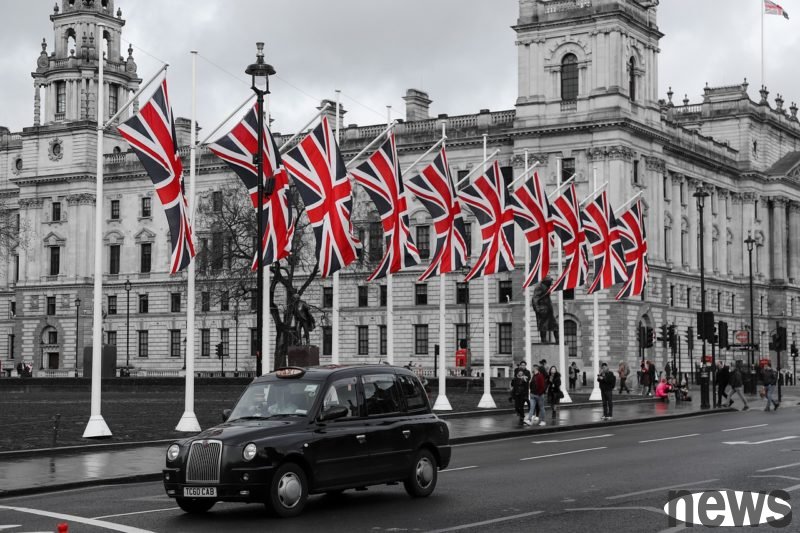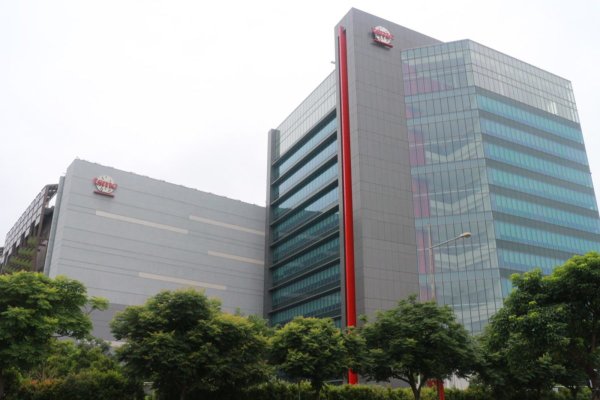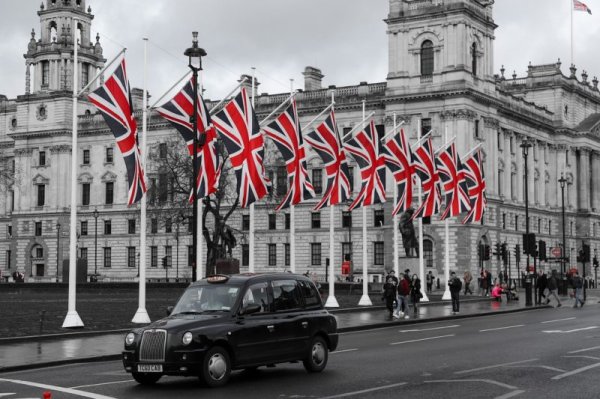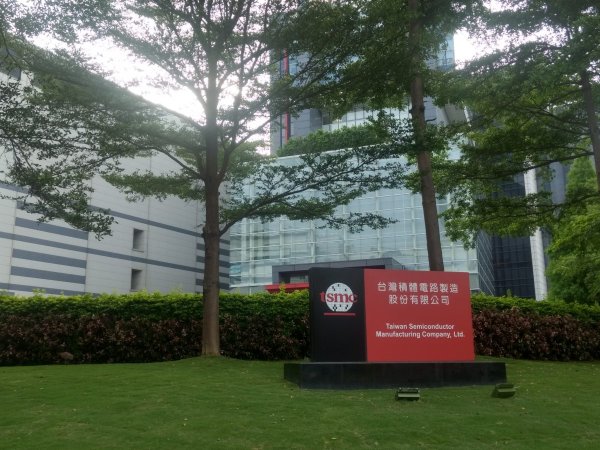The UK has released its latest ten-year industry strategy, focusing on eight major industries to attract global competition

The British government issued the Modern Industrial Strategy on the 23rd, proposing a ten-year plan aimed at promoting investment and making the UK the best place for business in the world.
The British pointed out in Taiwan that this plan specifically focuses on the eight major industries that the UK itself has advantages and the potential for rapid growth, namely advanced manufacturing, clean energy, digital and technology, professional and commercial services, life sciences, financial services, creative industries and national defense industries. Many of these are called for Taiwan’s premier industries and also create markets for these Taiwan’s strongest, such as advanced manufacturing, clean energy industries, digital and technology, as well as professional and commercial services.
The British Point has a dedicated ten-year plan for each key industry to attract investment, promote growth, and create high-paying and high-quality job opportunities. For example, in the advanced manufacturing sector, up to 4.3 billion British Pounds are provided, with 2.8 billion British Pounds being used for R&D in the next five years, 80 million British Pounds being used for satellite communications, navigation and vehicles that have been in the lane operation, and 2.3 billion British Pounds are supported to develop the next generation of technology, including unmanned aircraft and airplane vehicles.
For the digital and technological sector, the British government spent 2 billion British Pounds to promote the AI Action Plan, including the new "Sovereign AI Programme", 187 million British Pounds to help millions of young people develop technology skills, 750 million British Pounds to create a new supercomputer in Idinburgh and establish a UK Semiconductor Centre to help develop the next generation of chips, and promise to provide a ten-year investment in quantum technology.
At the same time, the British "Modern Industry Strategy" also promoted reforms, including deepening economic and industrial cooperation with international partners, increasing R&D costs, releasing billions of British Pounds for innovative enterprises, and attracting international elites to key industries. From 2029 to 2030, R&D costs will increase to 22.6 billion Billion per year to drive innovation, more than 2.0 billion Billion will be used in artificial intelligence, and will invest 2.8 billion Billion in advanced manufacturing in the next ten years, driving private investment in 10 billion Billion.
In addition, the British government has also reformed its signature and immigration system and helped top talents to travel to the UK through the new "New Global Talent Taskforce" and the 54 million Global Talent Fund.
British Prime Minister Sir Keir Starmer pointed out that in an era of global economic uncertainty, the "Professional Strategy" provides British companies with the long-term stability and clear direction needed, prompting investment, innovation and creating good work opportunities, so that more people can benefit. "The UK is back and is ready to welcome global business opportunities."
Jonathan Reynolds, Secretary of Commerce and Trade, said that the Modern Industry Strategy will ensure that the UK will become the most attractive investment and business nation and promote economic growth; Ruth Bradley-Jones, a British representative in Taiwan, pointed out that the UK's new strategy will open a new machine for Taiwan-UK business cooperation, especially in advanced manufacturing, clean energy industries, digital and technology, as well as professional and business services.
Extended reading: Is there any solution to the surge in US debt supply? Fed ESLR Helps Bank Buy Bonds Japanese team recommendation: Human migration 30,000 years ago, it is feasible to cross the island from Taiwan and the island of that country.












